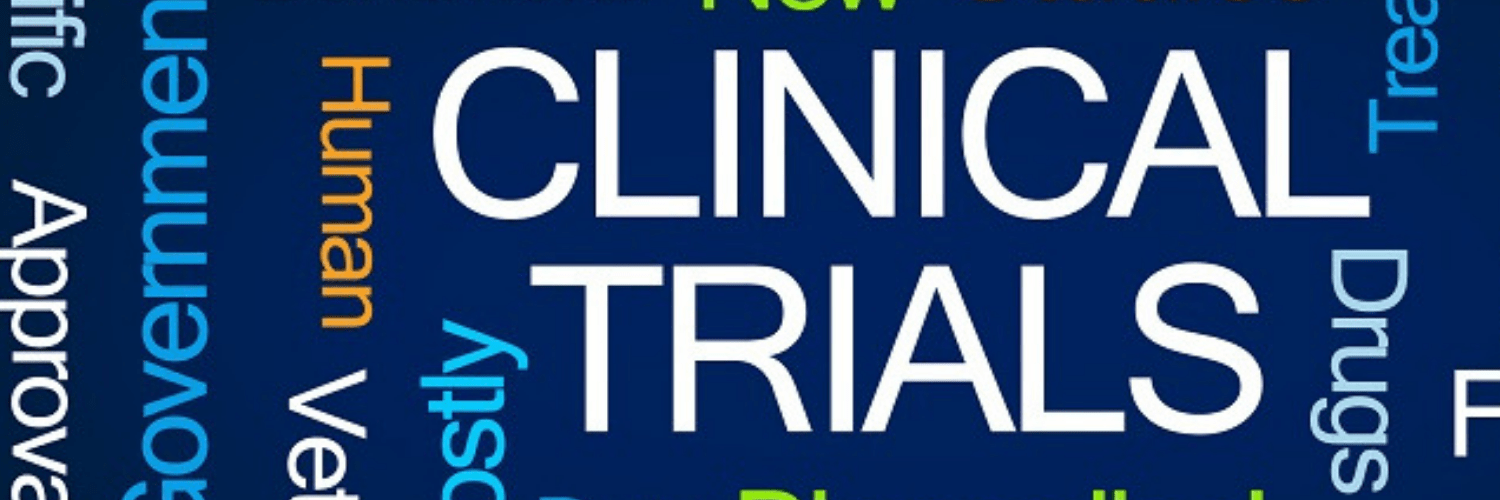In Plain English: The Keynote 716 Clinical Trial


As of this writing, there are 477 clinical trials in melanoma on ClinicalTrial.gov that are actively recruiting patients—and another 65 not yet recruiting. It’s a staggering number of trials—exactly what we need in melanoma—but staggering nonetheless.
One of these trials is particularly exciting because it’s the first of its kind. Called Keynote 716, this two-part study will evaluate the safety and efficacy of pembrolizumab compared to placebo in participants with surgically resected high-risk Stage II melanoma.
What does that mean? First, it’s helpful to know that Merck Sharp & Dohme Corp., usually known as simply as Merck, is running the trial using their pembrolizumab drug called Keytruda. While pembrolizumab has been shown effective in Stage III unresectable and Stage IV (metastatic) melanoma, no drug has been tested in the standard clinical trial format for Stage II melanoma.
Qualified patients for Keynote 716 will be those with surgically removed Stage IIB or IIC cutaneous melanoma who haven’t received any further treatment beyond resection. (Note: Clinical trials always have a long list of inclusion and exclusion criteria, as does this study, but these two criteria are the main ones.)
The estimated enrollment of the study is 954 participants. Participants in Part I will receive either pembrolizumab or placebo in a double-blind design for up to 17 cycles. Double-blind means that no one—neither the patients nor the physicians—will know who receives the pembrolizumab and who receives the placebo. The administration is through IV infusion every three weeks; half will receive pembrolizumab and the other half will receive a saline placebo.
Studies like this usually have one primary outcome measure. In this case, the measure is recurrence-free survival (RFS). The Keynote 716 study’s primary hypothesis is that pembrolizumab increases recurrence-free survival compared to placebo. After four years, the participants will be revealed and assessed: Did the group on pembrolizumab have fewer people with recurrences than the group on placebo? If yes, it would indicate this drug should be offered to Stage II patients to help fight recurrence. If not—well, we’d be back to where we started.
There is a Part II to the study, which is also encouraging: Participants who receive placebo or who stop treatment after receiving 17 cycles of pembrolizumab in Part 1, do not experience disease recurrence within 6 months of completing pembrolizumab in Part 1, and do not stop treatment with pembrolizumab for disease recurrence or intolerability, may be eligible to receive up to 35 additional cycles of pembrolizumab in Part 2 in an open-label design.
Translation:
• Participants who receive placebo or pembrolizumab in Part 1 may be able to be treated with pembrolizumab in Part 2.
• The participant’s doctor will help determine if Part 2 therapy with pembrolizumab is the best choice for the participant and the number of cycles of therapy will be determined by the protocol and their doctor.
At this time, when a patient receives a Stage IIB or IIC diagnosis, s/he is told that there may be a high likelihood of recurrence, which is of course frightening. A patient’s usual next question is whether there is anything that can be done to help reduce that likelihood. Until now, other than monitoring, little could be done. This study will determine if taking pembrolizumab could reduce that risk of recurrence. That’s why this study is so exciting. Of course, it is important that patients interested in this study discuss their options with their doctor.
If you are interested in being a part of this study, visit our Clinical Trial Matching Service or call 866-603-4507. Give the Keynote 716 name, and you’ll get information on whether you qualify and if so, how to enroll.
It’s exciting to see the possibility of treatment at Stage II!






